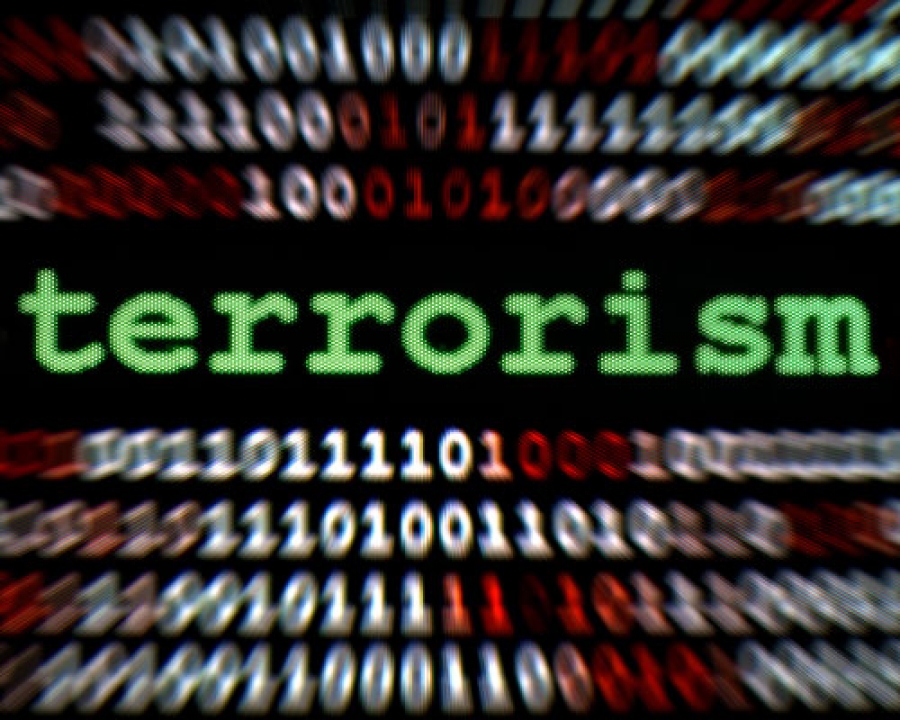When searching for articles to post for our members I find a good rule of thumb is always to look to items that might meet an immediate need I am having. So when this article came across my social media feed on Saturday, I knew it would likely be helpful to others, too. I had not yet mentioned the attacks in Paris to my own 10-year-old daughter. And I knew that on Sunday morning, I was going to have to face a class of other 10-year-olds, struggling to understand how to make sense of such violence and tragedy.
The tips were helpful as I prepared my remarks and allowed for classroom discussion. But I realized—as I faced that class of anxious children—that it's not only what we say in the aftermath of a tragedy that's important: It's what we say (and do) on all of those other days. How do our words—and our actions—create children who are peacemakers, who have respect and compassion and understanding for others?
Do we tell—and show—children that we believe they are valuable and important, and have gifts and talents to share? That's one of the main things I love about afterschool programs! I hear time and again the stories of the child who struggles in the limitations of a traditional classroom, who finds that experience in an afterschool program that ignites a passion or a gift or talent yet unrealized. That proud smile that comes from a sense of true accomplishment and pride is why so many of us are in this profession! Let's do all we can to give children rich and varied opportunities to explore, create, find success and feel their true worth and importance.
Do we tell—and show—children that those around them have value, too? As educators, how much more easily would our days flow if only we could call on the kids who raised their hands, volunteered to go first, always knew the right answer? But our job is to call on the kids who don't seem as excited, or confident, or engaged. Our job is to find their strengths, their gifts—and lift those up for others to share and enjoy. The actions of adults are so powerful. By showing our interest in them we will be demonstrating to the other children that we believe these children matter, too. Watch and see how all of a sudden these quiet, withdrawn, "different" children become interesting to their peers, too.
Do we talk about—and show—compassion and understanding of others? I often try to make my class a place where children can feel comfortable sharing their frustrations. So often those frustrations center on other children—the "friend" in their class, the loud kid on the bus, the irritating younger sibling. I hear their frustrations—and am quick to tell them that those frustrations don't end when they grow up! That even I have (many) occasions of frustrations with others. The key is to figure out now how to manage those frustrations. It often involves digging deep and finding patience. And that can only happen if we try to understand that person—what might have happened just this morning that caused this person to act this way? It's so hard to impart to children just how much of life is about the understanding the perspectives and experiences of others. And yet teaching them—and modeling—how to do that is one of the greatest gifts we can give them.
We have no idea how long or how often we will be talking about terrorism abroad—or about violence in our own communities. But we do know that every single day—and with every child in our program—we have the opportunity to do our part to ensure that greater peace and understanding are part of the culture we are creating for the children we serve.
Written by Gina Warner, Executive Director of the National AfterSchool Association.




